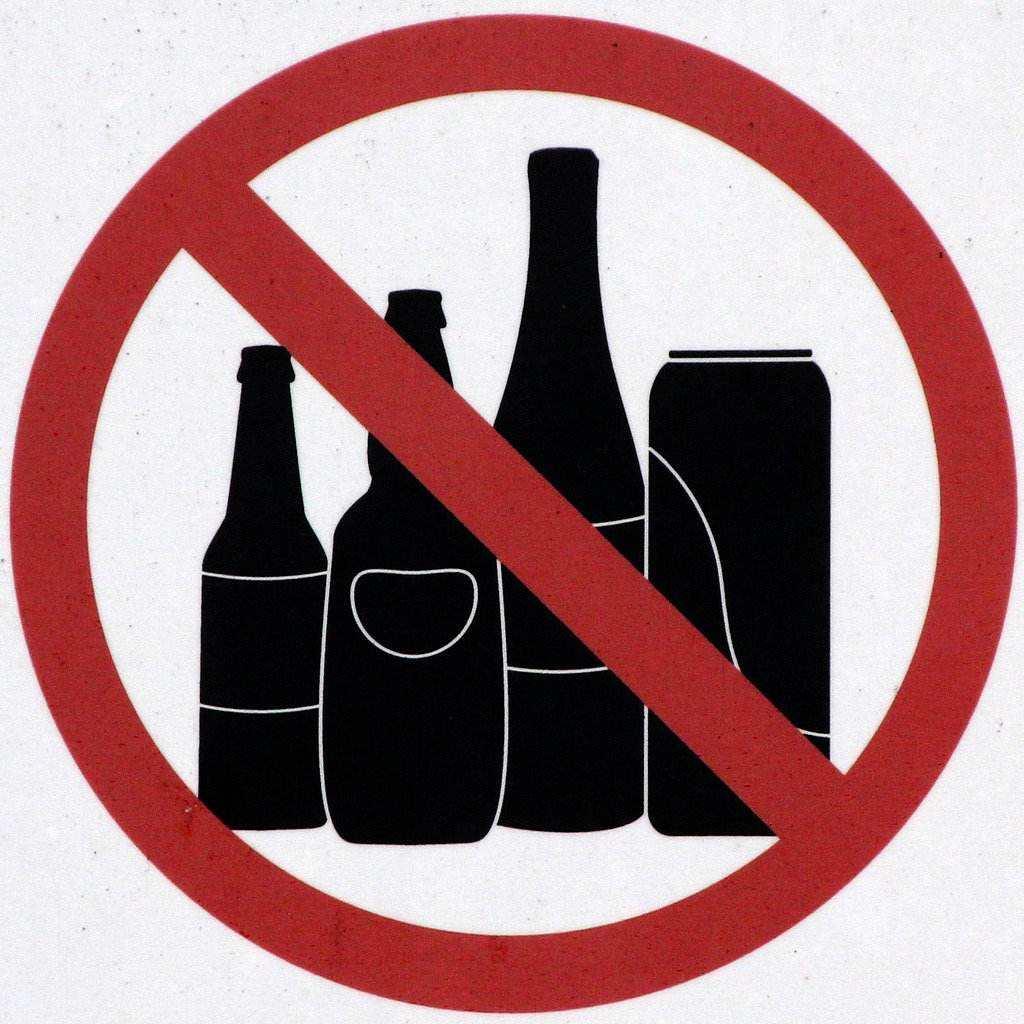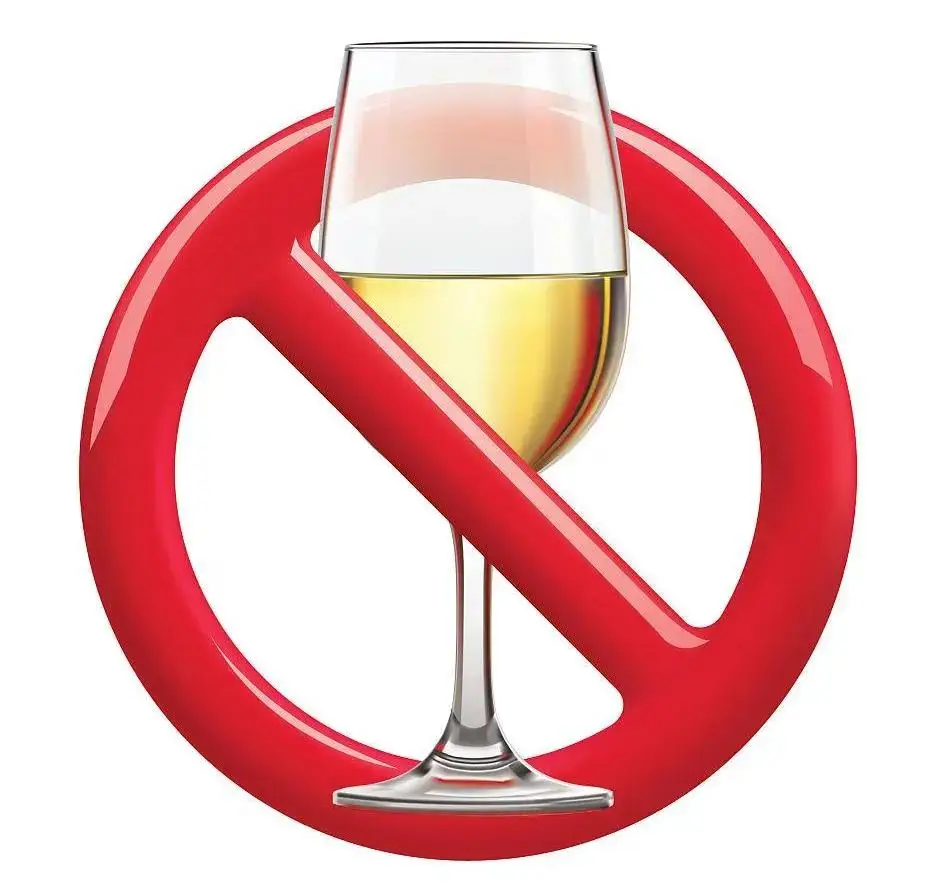The Remarkable Health Rebound: How Your Body Thrives After Quitting Alcohol

Quitting alcohol is one of the most impactful choices you can make for your health—and the benefits begin far sooner than many people realize. What starts as small, daily improvements (like better sleep or more energy) quickly evolves into profound, long-term changes that repair damage, boost vitality, and reduce the risk of life-threatening diseases. For those who once struggled with alcohol use, the transformation after sobriety is not just physical; it’s a return to feeling like “yourself” again—alert, energetic, and free from the hidden toll alcohol takes on the body. Below is a detailed look at how every system in your body rebounds, heals, and flourishes when you stop drinking, supported by real-world changes and scientific evidence.
1. The Liver: From Damage to Recovery—A Surprising Turnaround
The liver is often the first organ people associate with alcohol harm, but it’s also one of the most resilient. For anyone who struggled with fatty liver (the earliest stage of alcohol-related liver disease), the recovery begins within weeks of quitting alcohol. As soon as you stop drinking, the liver stops processing ethanol and its toxic byproduct acetaldehyde, giving it space to clear the excess fat that built up in its cells. Studies show that 70-80% of people with alcohol-induced fatty liver see a complete reversal of fat buildup within 6-12 months of sobriety—no medications required, just abstinence.
For those who progressed to mild alcoholic hepatitis (inflammation of the liver), recovery takes longer but is still possible. With consistent sobriety, the liver’s inflammation subsides, and scar tissue formation slows. Even in cases of early cirrhosis (where scar tissue has started to replace healthy liver cells), quitting alcohol can prevent further damage and improve function. While advanced cirrhosis is irreversible, stopping drinking can halt the progression of the disease, reduce symptoms like fluid buildup in the abdomen (ascites), and lower the risk of life-threatening complications like liver failure or liver cancer.
Many people notice tangible changes in their liver health within months: jaundice (yellowing of the skin or eyes) fades, abdominal pain subsides, and blood tests show improved liver enzyme levels (like ALT and AST, which rise when the liver is damaged). For example, a 2022 study in Hepatology found that heavy drinkers who quit alcohol saw a 50% drop in liver enzyme levels within 3 months—clear proof that the liver is actively healing.
2. The Brain: Sharper Focus, Better Memory, and Emotional Balance
Alcohol’s impact on the brain is far-reaching, but sobriety brings a wave of cognitive and emotional recovery. The first change many people notice is improved sleep—and better sleep directly fuels better brain function. Alcohol disrupts the sleep cycle by suppressing rapid eye movement (REM) sleep (the stage where memory consolidation and emotional processing happen), leading to grogginess and brain fog. Within 1-2 weeks of quitting, REM sleep returns to normal, and people report waking up feeling rested, alert, and able to concentrate.
For those who experienced blackouts or mild memory issues from drinking, the hippocampus (the brain’s memory center) starts to repair itself. While severe brain damage like Wernicke-Korsakoff Syndrome requires medical intervention (like thiamine supplements), mild cognitive decline—such as difficulty focusing at work or forgetting daily tasks—improves significantly with sobriety. A 2021 study in Neuropsychopharmacology found that former heavy drinkers who stayed sober for 1 year had a 15% improvement in short-term memory and attention span compared to those who continued drinking.
Emotional balance also returns as the brain’s neurotransmitters (like serotonin and dopamine) stabilize. Alcohol disrupts these chemicals, leading to mood swings, anxiety, and low mood—even when not drinking. Within 1-3 months of sobriety, many people report feeling calmer, more in control of their emotions, and less prone to sudden irritability or sadness. This isn’t just a “feeling”: brain scans show that the prefrontal cortex (the area responsible for decision-making and emotional regulation) becomes more active in sober individuals, helping them manage stress and emotions more effectively.
3. The Cardiovascular System: Lower Risk, Stronger Heart, and Steadier Blood Pressure
The cardiovascular system benefits dramatically from sobriety, starting with a drop in blood pressure. Alcohol raises blood pressure by constricting blood vessels and increasing heart rate, but within 1-2 weeks of quitting, blood pressure levels start to normalize. For people with alcohol-induced hypertension (high blood pressure), sobriety often reduces or eliminates the need for blood pressure medications. A 2020 study in Circulation Research found that heavy drinkers who quit alcohol saw their systolic blood pressure (the top number) drop by an average of 10-15 mmHg within 1 month—enough to lower the risk of heart attack or stroke by 20%.
Irregular heart rhythms like atrial fibrillation (AFib) also become less common with sobriety. “Holiday heart syndrome”—AFib triggered by binge drinking—disappears entirely once drinking stops, and long-term drinkers with chronic AFib often see a reduction in episodes. The heart muscle itself also heals: for those with early-stage alcoholic cardiomyopathy (weakening of the heart muscle), quitting alcohol can reverse the damage. Over 6-12 months, the heart regains strength, improving its ability to pump blood and reducing symptoms like shortness of breath or fatigue during activity.
Perhaps most importantly, sobriety lowers the overall risk of cardiovascular disease. A 2019 meta-analysis in The Lancet found that former heavy drinkers who stayed sober for 5 years had the same risk of heart attack or stroke as people who never drank heavily—proof that the heart can fully recover from alcohol’s harm with time.
4. The Digestive System: Relief from Pain, Better Nutrition, and Reduced Cancer Risk
The digestive tract, which endures direct contact with alcohol, heals quickly once drinking stops. For people with alcohol-induced gastritis (inflammation of the stomach lining), symptoms like abdominal pain, nausea, and heartburn often disappear within 2-4 weeks of sobriety. The stomach’s protective mucus layer rebuilds, and the lining stops being irritated by alcohol, allowing normal digestion to resume.
Peptic ulcers (open sores in the stomach or small intestine) also heal faster with abstinence. Alcohol weakens the stomach’s defense against acid, but without alcohol, the ulcers can repair themselves—often within 6-8 weeks with proper nutrition. Many people find that they can eat foods they once avoided (like spicy or acidic dishes) without discomfort, as their digestive system regains its resilience.
For the pancreas, sobriety is life-saving. Acute pancreatitis (sudden inflammation of the pancreas) rarely recurs in people who stop drinking, and chronic pancreatitis (long-term damage) stabilizes. With sobriety, the pancreas can resume producing digestive enzymes and insulin normally, reducing the risk of malnutrition (from poor nutrient absorption) and diabetes (from insulin deficiency). A 2023 study in Gastroenterology found that former drinkers with chronic pancreatitis who stayed sober for 3 years had a 70% lower risk of diabetes than those who continued drinking.
Finally, sobriety lowers the risk of digestive tract cancers. Alcohol is a Class 1 carcinogen, and its damage to cells in the mouth, throat, esophagus, and colon stops once drinking ends. Over time, the body replaces damaged cells with healthy ones, reducing the risk of cancer. For example, the risk of esophageal cancer drops by 30% within 5 years of sobriety, and by 50% after 10 years—giving the body time to repair the DNA damage caused by alcohol.
5. Energy, Appearance, and Overall Vitality: The “Sobriety Glow”
Beyond the internal healing, sobriety brings visible, daily improvements in energy and appearance. Alcohol causes dehydration (it suppresses the hormone that helps the body retain water), leading to dry skin, dull hair, and puffy eyes. Within 1 week of quitting, hydration levels return to normal, and many people notice their skin looks clearer, their eyes brighter, and their hair shinier.
Energy levels also skyrocket. Alcohol disrupts sleep quality, causes nutrient deficiencies (like low B vitamins), and taxes the body’s organs—all of which leave you feeling tired. Within 2-3 weeks of sobriety, most people report having more energy for work, exercise, or spending time with loved ones. They no longer experience the “alcohol hangover” (even mild ones) that saps energy, and they can focus on activities they enjoy without feeling sluggish.
Weight management also becomes easier. Alcohol is high in empty calories (a 12-ounce beer has about 150 calories, a 5-ounce glass of wine has 120, and a shot of liquor has 100), and it often leads to overeating (alcohol suppresses the hormone that signals fullness). Many people lose 5-10 pounds in the first month of sobriety without changing their diet—simply by cutting out alcohol’s extra calories. Others find that they make healthier food choices, as their taste buds recover from alcohol’s numbing effect and they start enjoying the natural flavors of food again.
Conclusion: Sobriety Is an Investment in Lifelong Health
The body’s ability to heal after quitting alcohol is nothing short of remarkable. From the liver’s ability to reverse fatty buildup to the brain’s return to sharp focus, every system rebounds—often faster than people expect. The benefits aren’t just physical, either: sobriety brings emotional clarity, better relationships, and a renewed sense of control over life.
For anyone who has struggled with alcohol, the journey to sobriety isn’t always easy—but the rewards are life-changing. Whether you’re days, months, or years into recovery, every moment of sobriety is an investment in your health. The body doesn’t just “get better”—it thrives, regaining the vitality and resilience it had before alcohol took its toll. In the end, sobriety isn’t just about giving up something; it’s about gaining back your health, your energy, and your best self.





发表评论